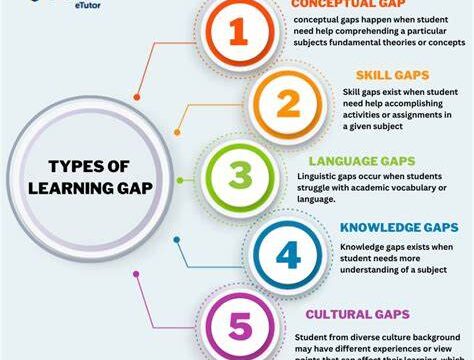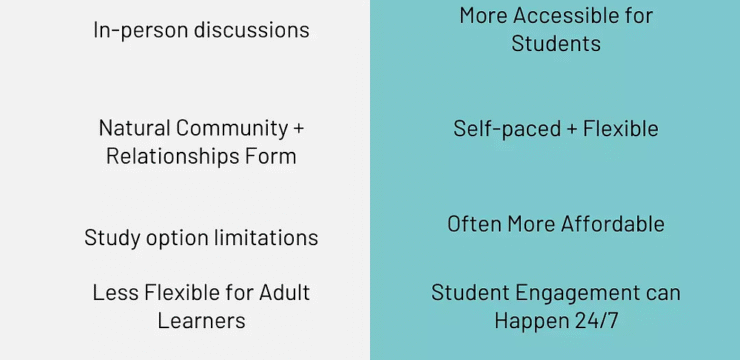Introduction
A child’s education is a collaborative journey that involves teachers, the community, and most importantly, parents. While schools play a crucial role in academic instruction, parents have a powerful influence on their child’s attitude, motivation, and performance in school. Active parental involvement can significantly enhance a child’s learning experience and academic success.
1. Building a Strong Foundation at Home
Learning begins long before a child enters the classroom. Parents shape their child’s early development by encouraging curiosity, providing learning resources, and engaging in educational activities like reading books together. Establishing routines, such as designated homework time and limited screen time, fosters discipline and focus—key ingredients for academic success.
2. Encouragement and Emotional Support
A positive attitude toward learning starts at home. Children thrive when they know their efforts are appreciated. Parents who celebrate achievements, however small, and offer support during challenges help their children build resilience and self-confidence. This emotional backing can make students more willing to take on new challenges and participate actively in school.
3. Effective Communication with Teachers
Staying in touch with educators helps parents stay informed about their child’s progress and areas needing improvement. Regular communication—through parent-teacher meetings, emails, or school apps—ensures that any academic or behavioral concerns are addressed promptly. Working together, parents and teachers can create a consistent support system for the child.
4. Creating a Positive Learning Environment
Home should be a safe and stimulating space for learning. Providing access to books, educational tools, and a quiet study area encourages productivity. Parents can also model lifelong learning by showing interest in new topics or discussing current events, which motivates children to value education.
5. Encouraging Responsibility and Independence
As children grow, it’s important for parents to gradually encourage independence. Allowing children to manage their schedules, complete assignments on their own, and make decisions builds responsibility and time management skills. These qualities are essential for academic and future life success.
6. Involvement in School Activities
Whether attending school events, volunteering, or participating in parent associations, involvement in school life shows children that education is a priority. It also helps parents better understand the school’s expectations and curriculum, making it easier to support their child’s learning at home.
Conclusion
Parents play a vital role in shaping their child’s educational journey. By being actively involved, maintaining open communication with teachers, and fostering a supportive home environment, they can empower their children to reach their full potential. Education is a team effort—and when parents and schools work hand-in-hand, students are more likely to succeed academically and personally.






